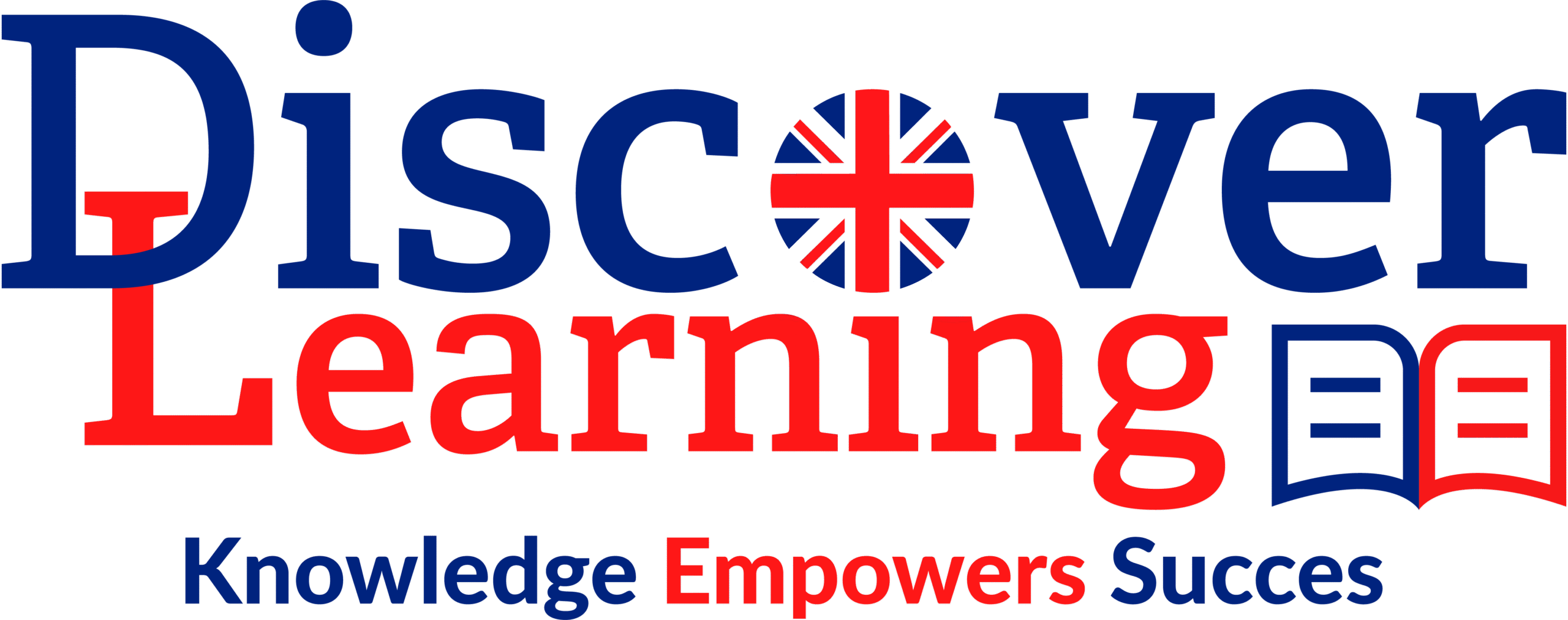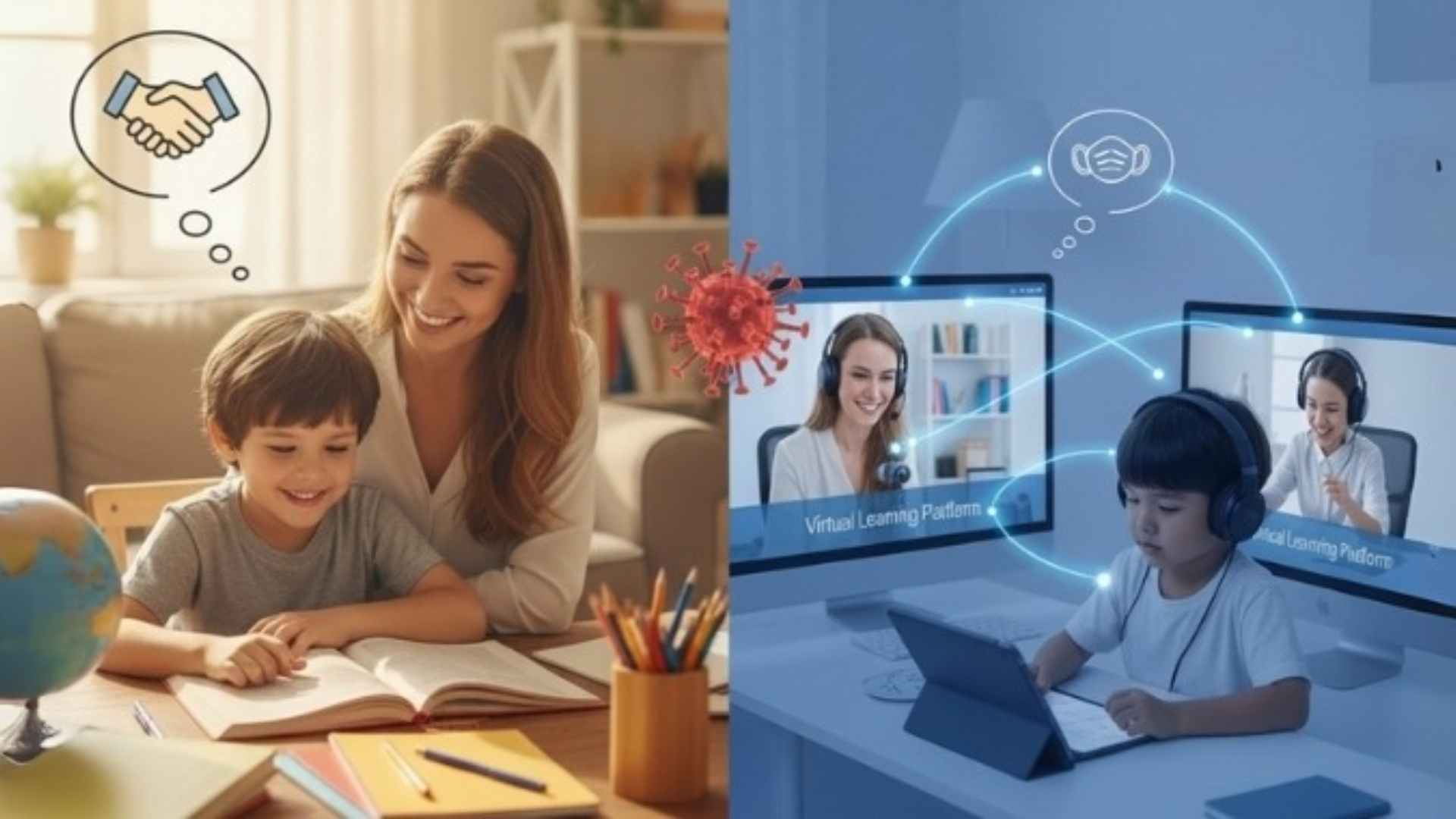Introduction
The COVID-19 pandemic transformed almost every aspect of our lives, from how we socialize to how we work. Education, one of the most affected sectors, witnessed an unprecedented shift as schools, colleges, and universities transitioned to online learning. Tutoring, once considered an optional academic supplement, has now emerged as a cornerstone of modern education.
The impact of COVID-19 on tutors has been profound, expanding their roles beyond academics into emotional support, digital literacy, and personalized teaching. With hybrid learning becoming the new norm, tutors now stand at the center of shaping students’ academic and emotional growth.
The Evolution of Tutoring During the Pandemic
From Traditional Tutoring to Online Models
Before COVID-19, tutoring was primarily face-to-face-whether in homes, tutoring centers, or after-school programs. Tutors mainly helped with challenging subjects like math, science, or language skills. However, the pandemic forced a swift transition to digital platforms such as Zoom, Microsoft Teams, and Google Meet.
This shift demanded tutors quickly adapt to new teaching methods, mastering virtual whiteboards, online assessments, and interactive digital tools. What was once limited to in-person sessions expanded into blended and hybrid models that offer flexibility and accessibility to families worldwide.
The Rise of Hybrid Learning
Hybrid tutoring—an integration of in-person and online sessions-emerged as one of the most effective responses to pandemic restrictions. It combines the personal interaction of traditional tutoring with the flexibility of remote learning.
For example, a student struggling with algebra in an in-person class can continue practicing virtually, receiving tailored feedback online. This model is not only more flexible but also highly personalized, catering to diverse student needs, schedules, and learning paces.
Benefits of Hybrid Tutoring
Hybrid tutoring has proven to be more than a temporary solution-it’s now a preferred learning method for many students and parents.
Flexibility for Students and Families
Hybrid learning allows families to balance academic schedules with personal commitments. Students can learn from anywhere, eliminating the need for constant commuting.
Personalized Learning Experience
Tutors in hybrid models can customize lessons based on student performance data, offering individualized strategies that target specific strengths and weaknesses.
Enhanced Engagement
Using interactive platforms, tutors can keep learners engaged with quizzes, videos, and gamified lessons—making learning fun and effective.
Broader Access to Expertise
Families can now connect with expert tutors worldwide, removing geographical barriers and enabling access to high-quality academic support.
Digital Literacy: A New Skill for Tutors and Students
The pandemic didn’t just change where students learned—it also changed how they learned. Digital literacy quickly became essential for both tutors and students.
Tutors as Tech Mentors
In the pre-pandemic era, tutoring was limited to academics. Now, tutors are expected to teach students not only subject knowledge but also how to navigate digital tools. Whether it’s submitting assignments through learning management systems or solving problems on an interactive whiteboard, digital literacy has become a vital component of education.
Preparing Students for the Future
Tutors today equip students with essential digital skills that prepare them for future academic and professional challenges. By guiding learners through new technologies, tutors ensure that students remain competitive in an increasingly digital world.
The Role of Tutors Beyond Academic
Tutoring in the post-pandemic world has expanded far beyond textbooks and test prep. Emotional well-being is now a major part of effective learning.
Emotional and Social Support
The isolation brought on by lockdowns significantly impacted students’ emotional health. Without peer interaction, many experienced anxiety, loneliness, and disengagement. Tutors stepped into new roles as mentors and emotional guides, offering encouragement and empathy alongside academic lessons.
Building Student Confidence
By fostering strong relationships, tutors now help students rebuild confidence, stay motivated, and maintain a positive mindset—essential traits for long-term success in both academics and life.
Data-Driven and Personalized Tutoring
Technology has enabled tutors to deliver data-driven education, ensuring better outcomes for students.
Tracking Student Progress
The rise of digital tutoring platforms has enabled tutors to track performance data in real time. By identifying strengths and weaknesses, tutors can tailor sessions to ensure measurable progress.
Customized Learning Pathways
No two students learn the same way. Personalized tutoring ensures that every learner receives the exact support they need, whether it’s mastering core concepts, preparing for exams, or improving study habits.
The Future of Tutoring in a Post-Pandemic World
Tutors are no longer just academic helpers; they are digital guides, emotional mentors, and strategic educators. Hybrid learning has redefined tutoring as a flexible, personalized, and essential part of modern education.
As education continues to evolve, families who embrace hybrid and data-driven tutoring models will find their children better prepared for academic excellence and personal growth.
Conclusion
The COVID-19 pandemic reshaped the tutoring landscape forever. What began as a temporary shift to online classes has evolved into a sustainable model combining academic support, emotional guidance, digital literacy, and personalized tutoring.
Tutors now play a crucial role in helping students adapt to modern challenges, offering not just subject knowledge but also mentorship and motivation. For families, hybrid learning brings flexibility, access to global expertise, and individualized learning pathways.
At Discover Learning Tutors, we remain committed to empowering students with the tools, skills, and confidence they need to thrive in today’s dynamic world. The role of tutoring is no longer supplementary—it’s essential for holistic student development.
Frequently Asked Questions (FAQs)
1. How has COVID-19 changed the role of tutors?
Tutors now provide academic support, digital literacy training, and emotional guidance, making them essential to both learning and student well-being.
2. What is hybrid tutoring?
Hybrid tutoring blends face-to-face sessions with online learning, offering flexibility, personalized lessons, and broader access to resources.
3. Why is digital literacy important in tutoring today?
Digital literacy prepares students for modern education and future careers, enabling them to effectively use online platforms and tools.
4. How do tutors provide emotional support to students?
Tutors mentor students by fostering confidence, reducing stress, and offering empathy, especially in remote or hybrid learning environments.
5. What are the benefits of personalized tutoring?
Personalized tutoring tailors lessons to individual needs, tracks progress with data-driven tools, and ensures targeted improvement in academic performance.

